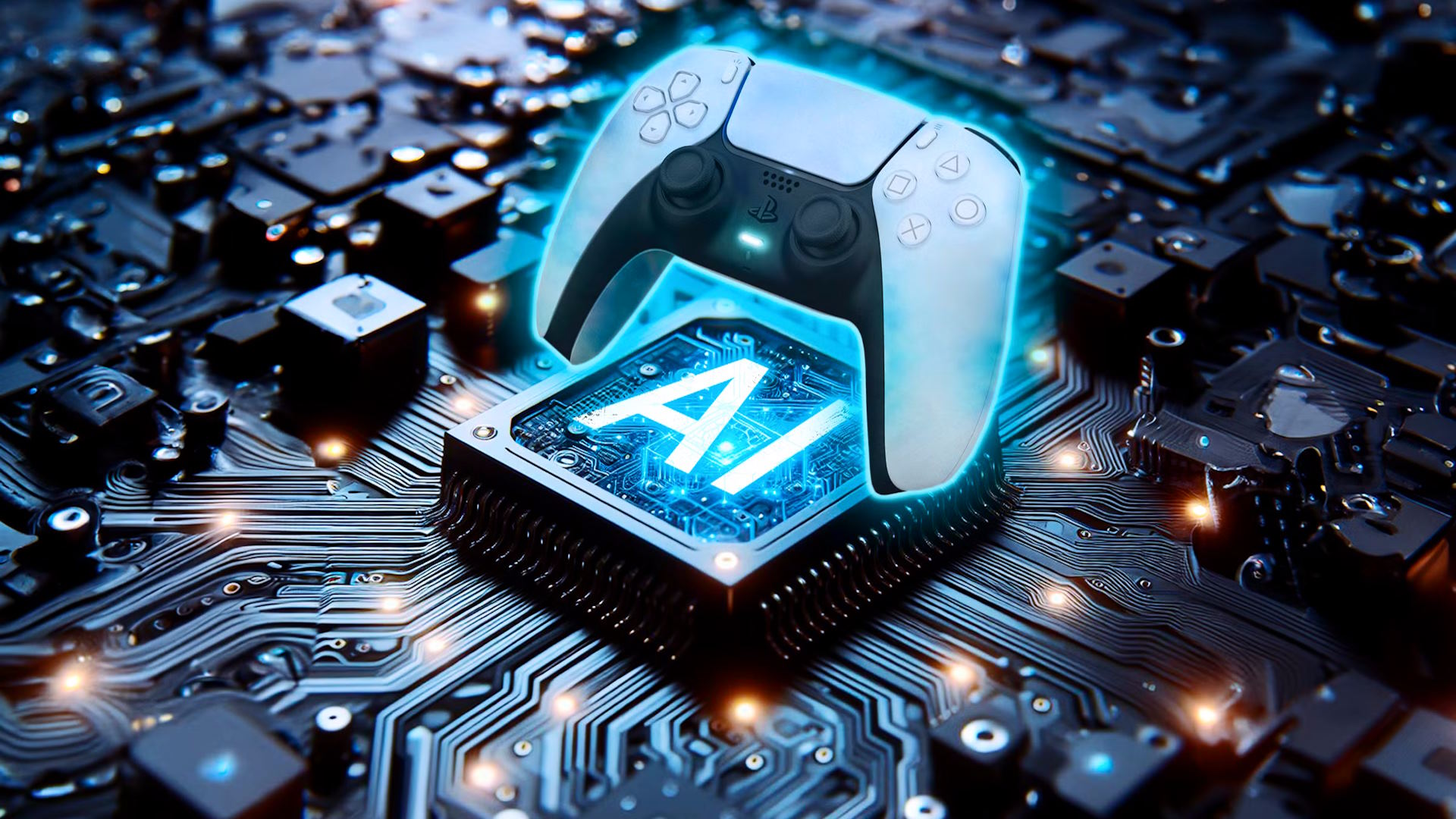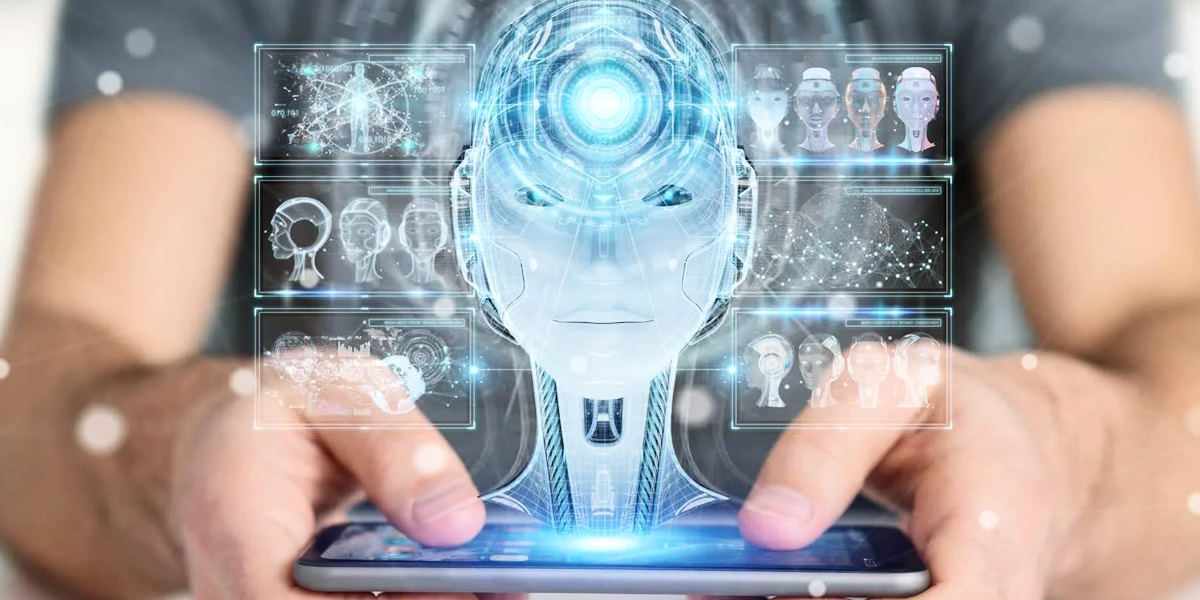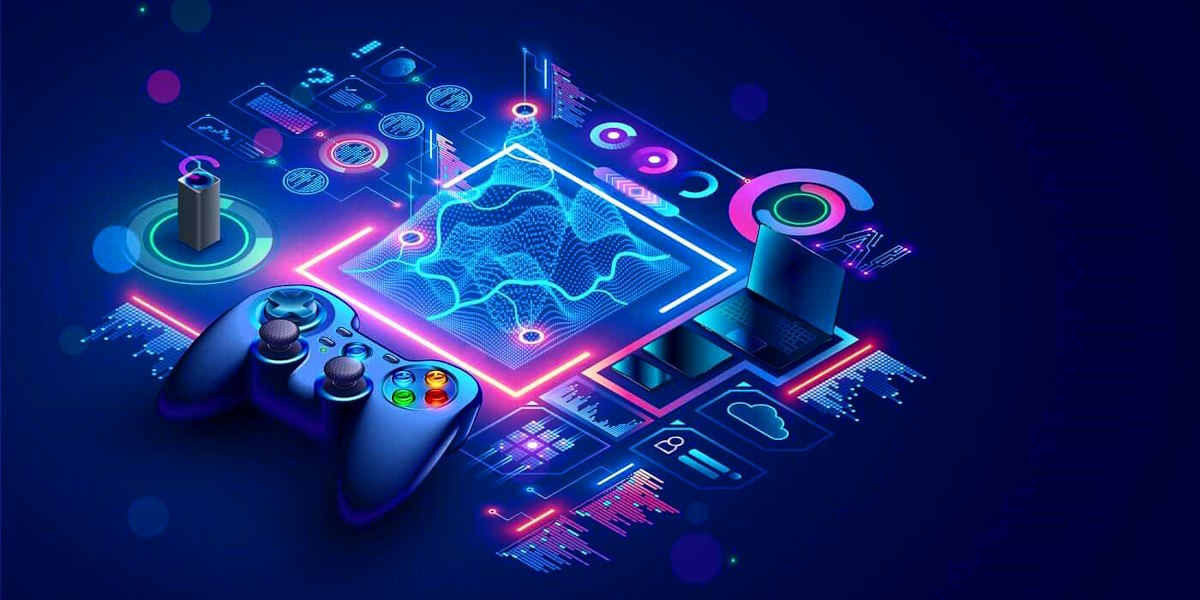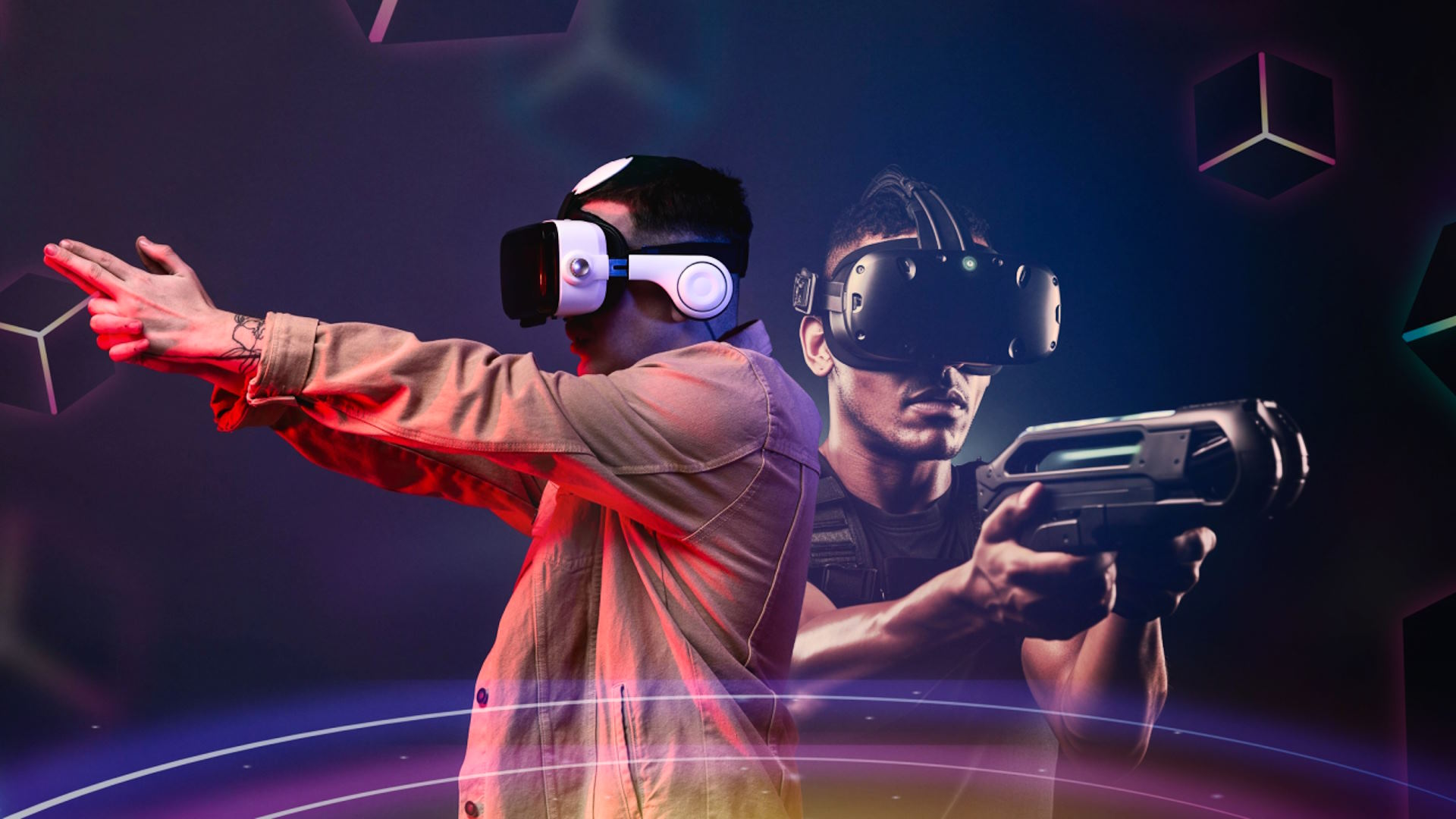Artificial Intelligence (AI) has become a transformative force in the gaming industry, shaping how games are developed, experienced, and even perceived. From revolutionizing game design to creating tailored experiences for players, AI is reshaping the gaming landscape. However, with these advancements come questions about the ethical implications of AI in gaming, prompting developers to tread carefully.
AI-Driven Game Design
AI-driven game design has revolutionized the way games are created and how they adapt to players. AI is used to develop complex environments, smarter enemies, and dynamic narratives that respond to player choices.
Features of AI-driven game design include:
- Procedural Content Generation: AI can create vast, unique game worlds on the fly, reducing development time while maintaining variety.
- Dynamic NPC Behavior: Non-playable characters now exhibit lifelike behaviors, reacting to players in nuanced ways.
- Adaptive Difficulty: AI adjusts challenges based on player skill, ensuring a balanced and engaging experience.
By leveraging AI, game developers can push creative boundaries and deliver richer, more interactive worlds.
Personalized Gaming Experiences with AI
In modern gaming, AI is at the forefront of delivering personalized gaming experiences with AI to cater to individual preferences. This personalization enhances engagement by making players feel understood and valued.
- Tailored Storylines: AI analyzes player choices and preferences to craft unique narratives.
- Custom Content: Games can suggest specific missions, levels, or items based on past gameplay habits.
- Real-Time Feedback: AI monitors player behavior to provide tips, hints, or modifications for a smoother experience.
This customization not only elevates user satisfaction but also fosters deeper connections between players and the games they play.
Ethical Implications of AI in Gaming
While AI has unlocked incredible possibilities, it also raises concerns about the ethical implications of AI in gaming. Developers and players alike must address challenges such as data privacy, potential exploitation, and fairness.
Key ethical considerations include:
- Player Data Use: How much personal data should games collect to deliver personalization?
- Addiction and Manipulation: AI could be used to make games overly addictive, raising ethical concerns.
- Inclusivity: Ensuring AI doesn’t unintentionally reinforce biases or exclude certain groups of players.
By addressing these issues, the gaming industry can harness AI responsibly without compromising player trust.
AI is undeniably reshaping the gaming world through AI-driven game design, personalized gaming experiences, and cutting-edge innovations. However, balancing these advancements with the ethical implications of AI in gaming is crucial. As AI continues to evolve, it holds the promise of making games more immersive, inclusive, and engaging than ever—provided its power is used wisely.






